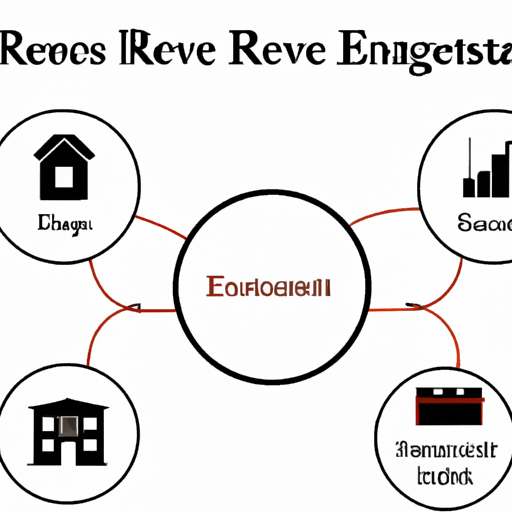
How do I start investing in real estate?
So you’re thinking about investing in real estate? That’s great! Real estate can be a lucrative investment option that provides both stability and long-term growth. But if you’re just starting out, you might have some questions. Don’t worry, we’ve got you covered. In this article, we’ll address some common questions and provide you with a guide to getting started in the world of real estate investing.
1. What is real estate investing?
Real estate investing involves purchasing properties, such as homes or commercial buildings, with the intention of generating income and/or appreciation over time. It can be a great way to diversify your investment portfolio and build long-term wealth.
2. Why should I invest in real estate?
There are several reasons why real estate investing is a smart choice. First, real estate tends to appreciate over time, meaning that the value of your property is likely to increase. Second, real estate can provide a reliable source of passive income through rental payments. Lastly, real estate offers tax advantages, such as deductions for mortgage interest and property taxes.
3. How much money do I need to start investing in real estate?
The amount of money you need to start investing in real estate can vary depending on several factors, such as the location and type of property you’re interested in. In general, you’ll need enough capital for a down payment, closing costs, and any necessary renovations or repairs. It’s also a good idea to have some money set aside for unexpected expenses or vacancies.
4. Should I invest in residential or commercial real estate?
Whether you should invest in residential or commercial real estate largely depends on your personal preferences and goals. Residential real estate, such as single-family homes or apartment buildings, is typically easier to understand and manage. On the other hand, commercial real estate, such as office buildings or retail spaces, can provide higher rental income but may require more specialized knowledge.
5. How should I finance my real estate investment?
There are several financing options available for real estate investments. You can use your own funds, take out a mortgage, partner with other investors, or use creative strategies like seller financing or real estate investment trusts (REITs). It’s important to explore all your options and choose the one that best suits your financial situation and investment goals.
6. Should I invest in local or out-of-state properties?
Investing in local properties can offer certain advantages, such as familiarity with the market and easier management. However, it’s worth considering out-of-state properties as well. Some areas may have more favorable market conditions, such as lower purchase prices or higher rental demand. Just make sure you do thorough research and consider factors like local laws and regulations before investing in a different state.
7. How can I minimize risks in real estate investing?
Real estate investing, like any other investment, comes with risks. However, there are steps you can take to minimize these risks. One crucial step is conducting proper due diligence. This includes researching the market, evaluating the property’s potential, and conducting thorough inspections. It’s also a good idea to have a contingency fund for unexpected expenses and to stay up-to-date with local market conditions.
8. Should I invest in rental properties or fix-and-flip?
This depends on your investment strategy and goals. Rental properties provide a steady stream of income and long-term appreciation, but they require ongoing management. Fix-and-flip properties, on the other hand, involve purchasing properties at a low price, renovating them, and selling for a profit. This strategy can be more time-sensitive and involves more active involvement. Consider your resources, experience, and long-term goals before deciding which strategy is right for you.
Starting your real estate investing journey can be an exciting and profitable venture. Remember, while it’s essential to gather knowledge and seek advice, nothing can replace hands-on experience. So, dive in, learn along the way, and enjoy the rewards of real estate investing!